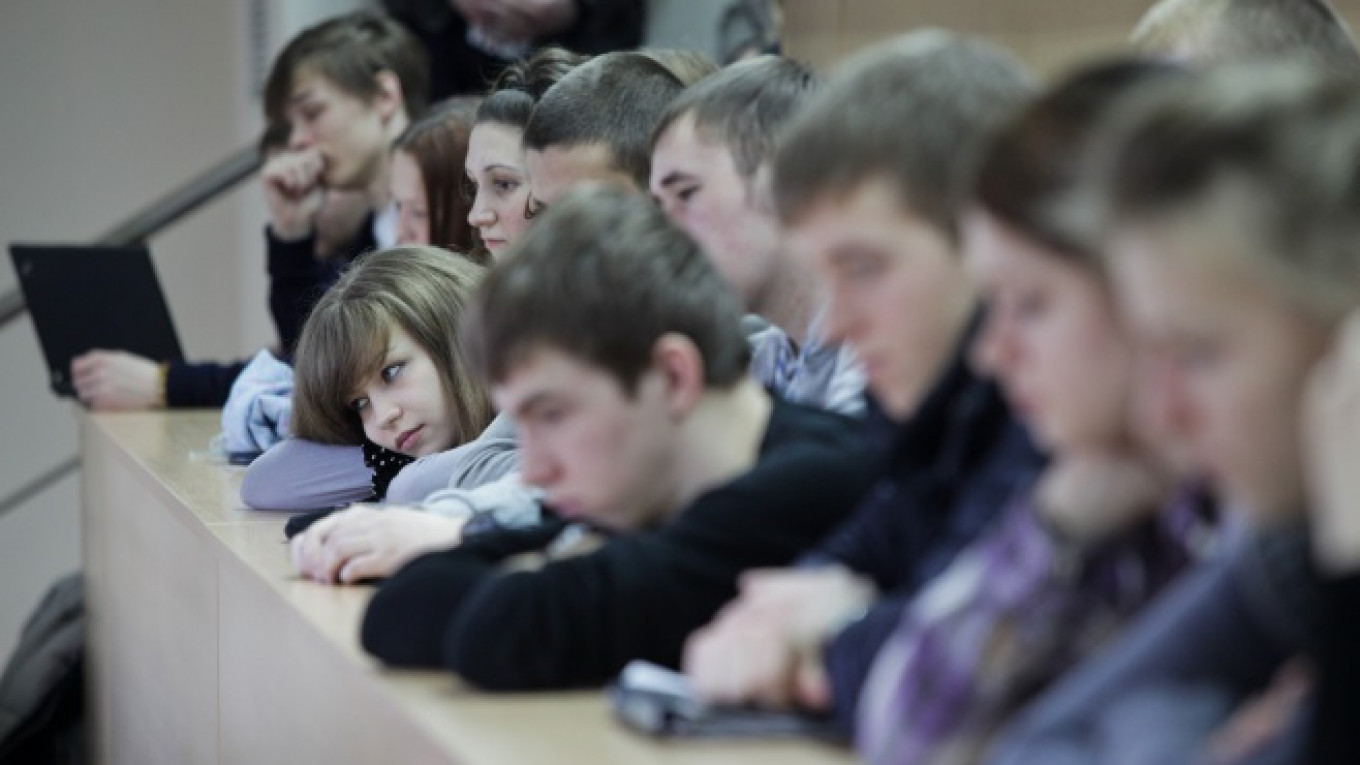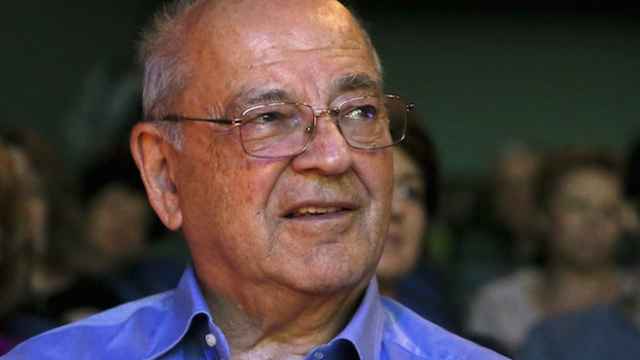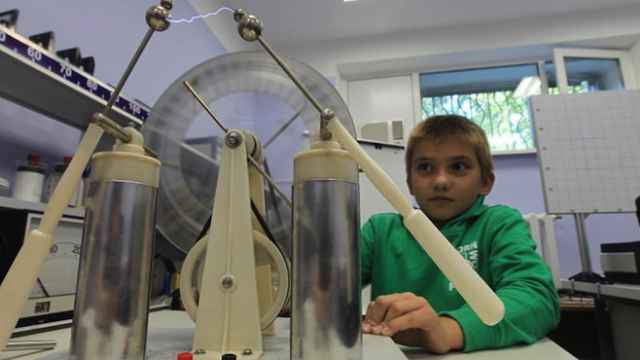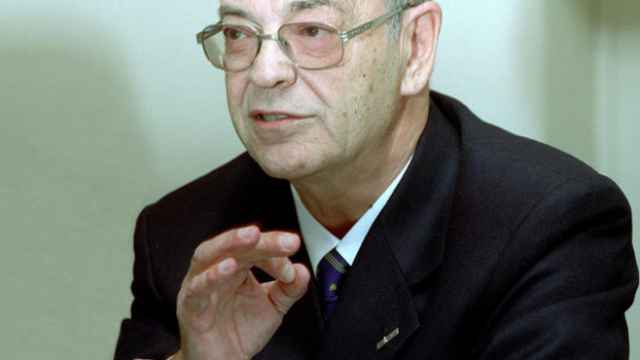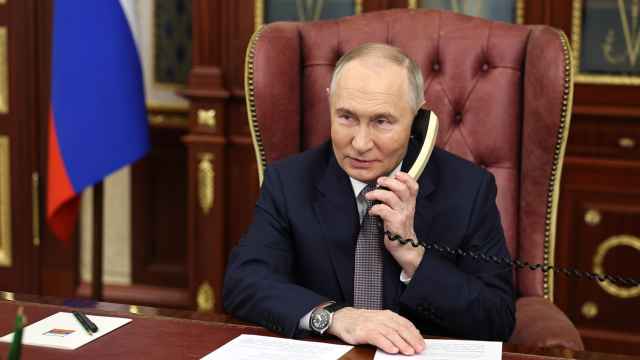A Communist lawmaker has proposed banning foreign organizations that provide grants to Russian students to study in the West, a news report said, shortly after comments by President Vladimir Putin suggested such measures may be required to curb the country's brain drain.
Vadim Solovyov, a member of the Communist Party faction in the State Duma and the deputy head of the body's constitutional law committee, attributed a series of space mission accidents in the past few years to the lack of highly trained technology professionals in Russia, and accused Western organizations of ensnaring talented young Russians and forcing them to work overseas, the pro-Kremlin Izvestia daily reported Tuesday.
"We are introducing a bill on banning foundations that, like slave owners, smuggle people out on pirate ships to foreign countries, that carry out activities on taking our talents across the border," Solovyov was quoted as saying.
"If a country fritters away its future, then such a country will not have a future," he added, Izvestia reported. "This is against our national interests."
The lawmaker's comments come after Putin made similar statements at the Business Russia forum on May 26.
The president responded to attendees' concerns about the future of Russian science and engineering by saying that Russia needed to attract more people to these fields, but then placed the blame for the country's lack of skilled scientists on organizations that fund study abroad.
"Certainly, we need to raise the prestige of engineering professions, there is no getting around that, it's impossible. But today, as you know, we are seeing various funds — God bless them — that take away talented kids to study abroad," he said, according to transcripts released by the Kremlin.
"They look for applicants around colleges, sign little contracts with them — and [take them] there. And few come back. This is also something we should think about — this first preparatory step," Putin said.
Attempts to describe Russians who find educational grants or skilled employment in the West as having supposedly been tricked and enslaved by exploitative contracts have been common in Moscow's rhetoric in recent years. These statements seem to ignore the fact that conditions for Western visas often include the requirement that young people return to their home country after a period of work or study in the West.
The number of people leaving Russia — including skilled professionals such as economists, scientists, journalists and IT specialists — spiked by 40 percent in 2013, the BBC reported.
Contact the author at newsreporter@imedia.ru
A Message from The Moscow Times:
Dear readers,
We are facing unprecedented challenges. Russia's Prosecutor General's Office has designated The Moscow Times as an "undesirable" organization, criminalizing our work and putting our staff at risk of prosecution. This follows our earlier unjust labeling as a "foreign agent."
These actions are direct attempts to silence independent journalism in Russia. The authorities claim our work "discredits the decisions of the Russian leadership." We see things differently: we strive to provide accurate, unbiased reporting on Russia.
We, the journalists of The Moscow Times, refuse to be silenced. But to continue our work, we need your help.
Your support, no matter how small, makes a world of difference. If you can, please support us monthly starting from just $2. It's quick to set up, and every contribution makes a significant impact.
By supporting The Moscow Times, you're defending open, independent journalism in the face of repression. Thank you for standing with us.
Remind me later.


